
WHAT HAPPENS WHEN YOU EAT 3 WHOLE EGGS EVERY DAY — THE RESULTS MAY SURPRISE YOU
Eggs have long been a subject of debate in the world of nutrition. Once feared for their cholesterol content, they were unfairly labeled as unhealthy for the heart. However, modern science has turned that reputation around. Today, eggs are celebrated as one of the most nutrient-dense foods on the planet. But what actually happens when you eat three whole eggs every day? The results might surprise you — in the best possible way.
First, eating three eggs daily provides your body with an impressive source of high-quality protein. Each egg contains about six grams of complete protein, including all nine essential amino acids your body cannot produce on its own. This means that three eggs a day can help repair tissues, build muscle, and maintain lean body mass. For athletes or people who exercise regularly, this can significantly enhance recovery and performance.
Second, eggs are rich in essential micronutrients. The yolk, often discarded due to old myths about cholesterol, actually holds most of the egg’s nutritional value. It contains vitamins such as A, D, E, K, B2, B6, and B12, along with important minerals like zinc, phosphorus, and selenium. Eggs are also one of the few natural sources of vitamin D, which supports bone health and immune function. Eating three eggs daily can therefore help prevent nutrient deficiencies that are common in modern diets.
Another major benefit is their impact on eye and brain health. Egg yolks are loaded with two powerful antioxidants: lutein and zeaxanthin. These compounds protect the eyes from harmful blue light and reduce the risk of macular degeneration, a leading cause of blindness. In addition, eggs contain choline — an essential nutrient that supports brain development and cognitive function. Regular consumption of eggs can improve memory, focus, and even mood.
One of the biggest concerns people still have is cholesterol. It’s true that eggs are high in dietary cholesterol, but numerous studies have shown that, for most people, eating eggs does not raise blood cholesterol levels significantly. In fact, eggs may increase “good” HDL cholesterol while improving the ratio between HDL and “bad” LDL cholesterol. This means that moderate egg consumption can actually support heart health rather than harm it. Only individuals with certain genetic conditions or preexisting cholesterol problems need to monitor their intake closely.
Eating three eggs a day can also support weight management. Eggs are highly satiating, meaning they keep you feeling full for longer periods. Starting your day with a breakfast that includes eggs can reduce overall calorie intake throughout the day and help prevent unhealthy snacking. Because eggs are low in carbohydrates and rich in protein and healthy fats, they fit perfectly into low-carb or ketogenic diets.
Moreover, eggs are extremely affordable and versatile. They can be boiled, scrambled, poached, or baked, making them easy to include in any meal. Compared to expensive supplements or processed protein sources, eggs offer a simple, natural way to meet your nutritional needs.
In conclusion, eating three whole eggs every day is not only safe for most people — it can be incredibly beneficial. From improved muscle growth and brain function to better eye health and weight control, the humble egg proves itself as a true superfood. The next time you crack open an egg, remember that inside that shell lies a powerhouse of nutrition. The results may indeed surprise you.
News in the same category


Proven Health Benefits and Uses of Thyme and Thyme Tea

9 cancer warning signs your body is sending you (don’t ignore these!)
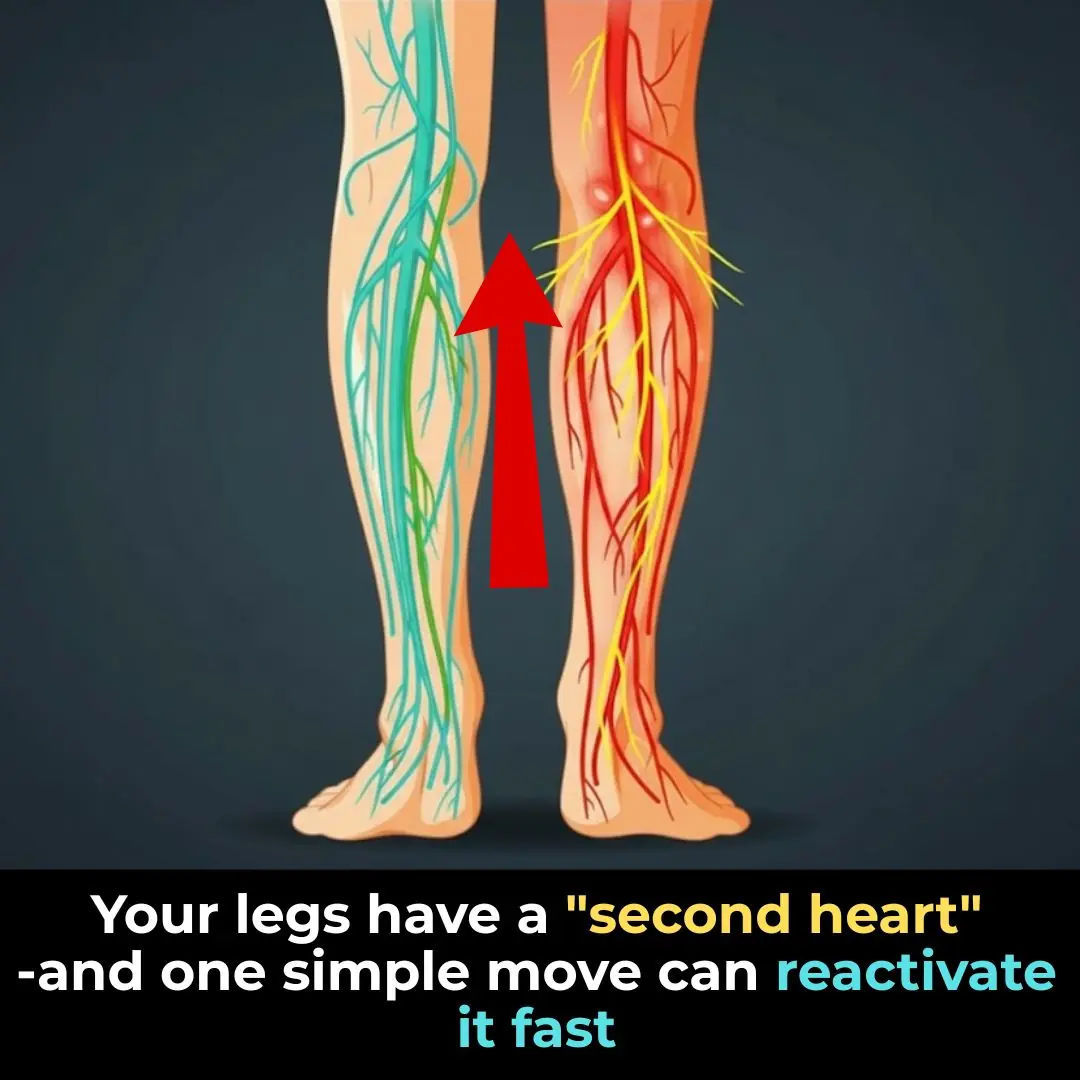
Your legs have a “second heart” — and one simple move can reactivate it fast

Doctor warns: your ‘healthy’ lemon water habit is actually destroying your liver – here’s what you’re doing wrong
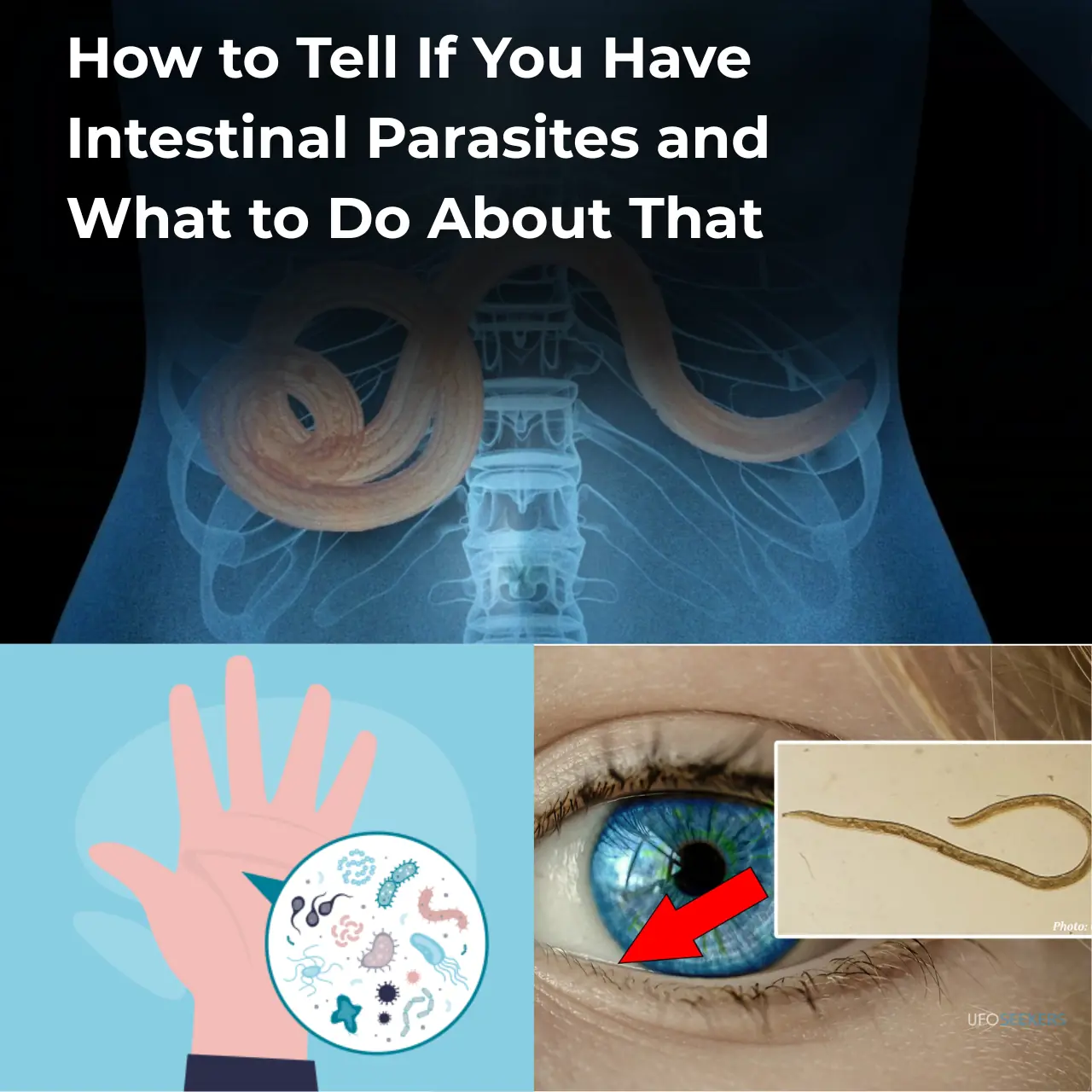
How to Tell If You Have Intestinal Parasites and What to Do About That

2026’s hottest health drink: A natural boost for blood pressure and diabetes

This Salt, Pepper and Lemon “Miracle-Mix” Can Help Solve 9 Problems

Scientists Discover The Maximum Age a Human Can Live To
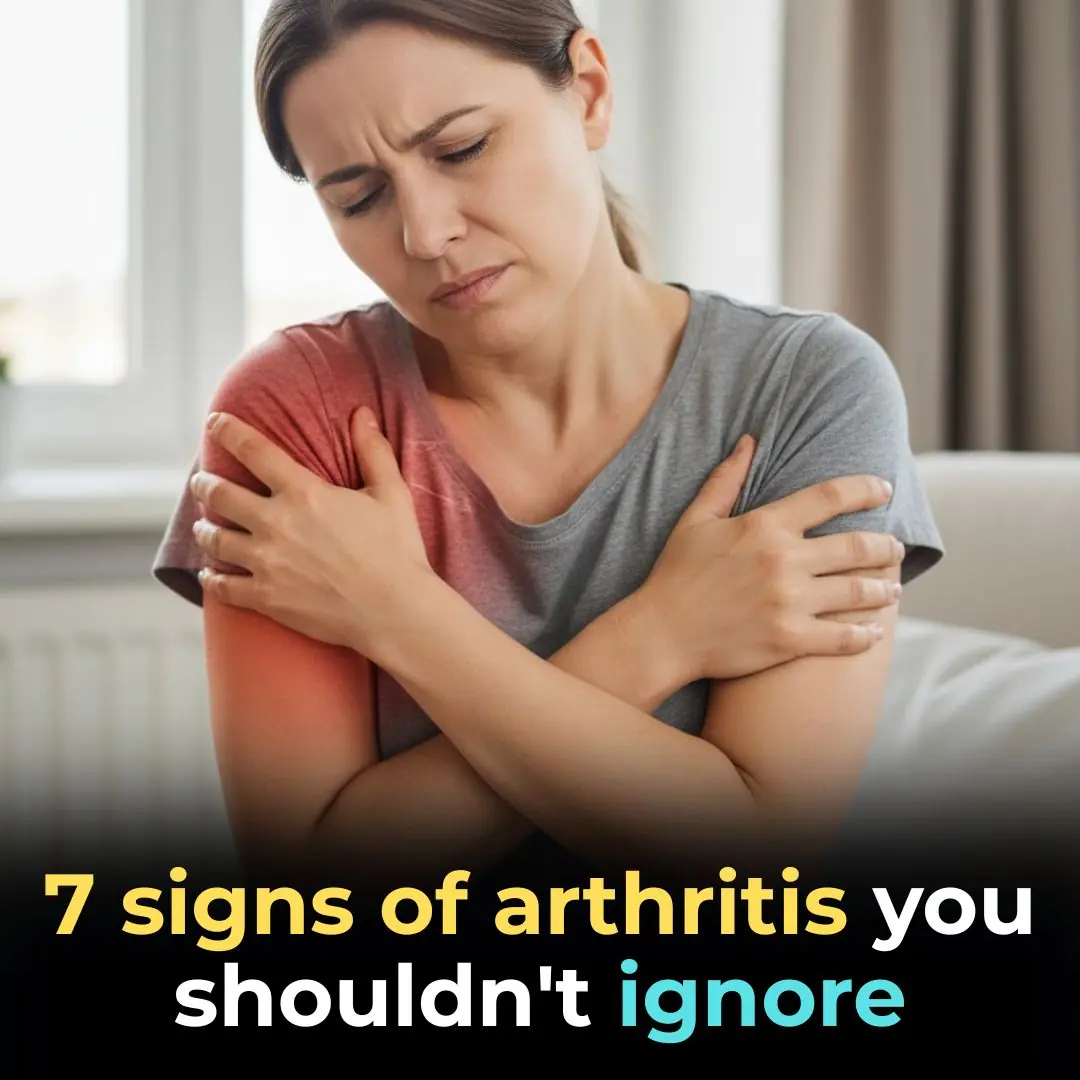
Signs of Arthritis You Shouldn’t Ignore

The Life-Changing Effects Of Adding Just A Pinch Of Baking Soda To Your Water

Remove This from Your Home to Live Longer

This Ancient Seed Oil May Calm Knee Pain Better Than Tylenol, Study Finds

This Common Vitamin Deficiency Could Be Raising Your Colorectal Cancer Risk — and Half the World Is Affected
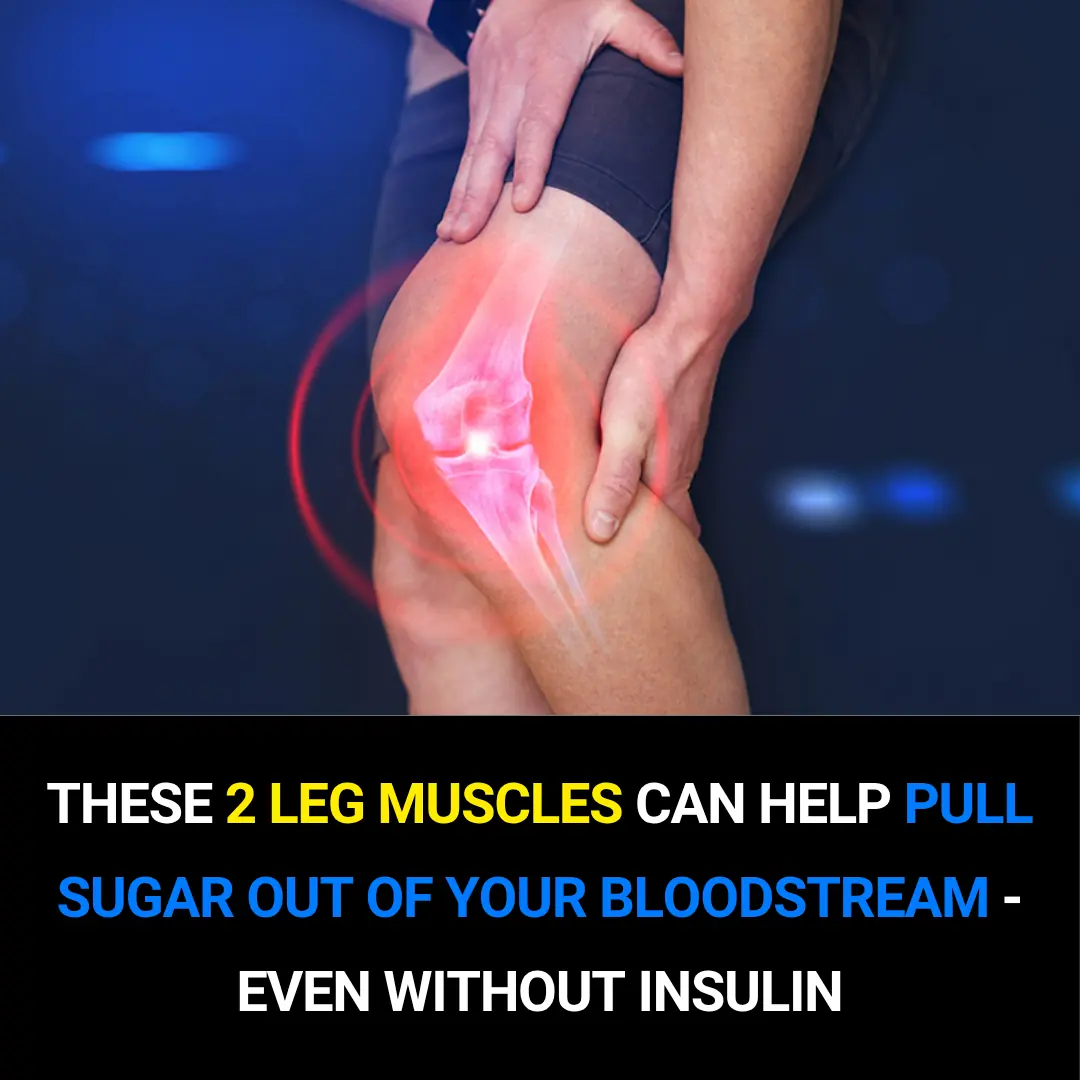
Lower Blood Sugar Naturally by Training Just Two Leg Muscles
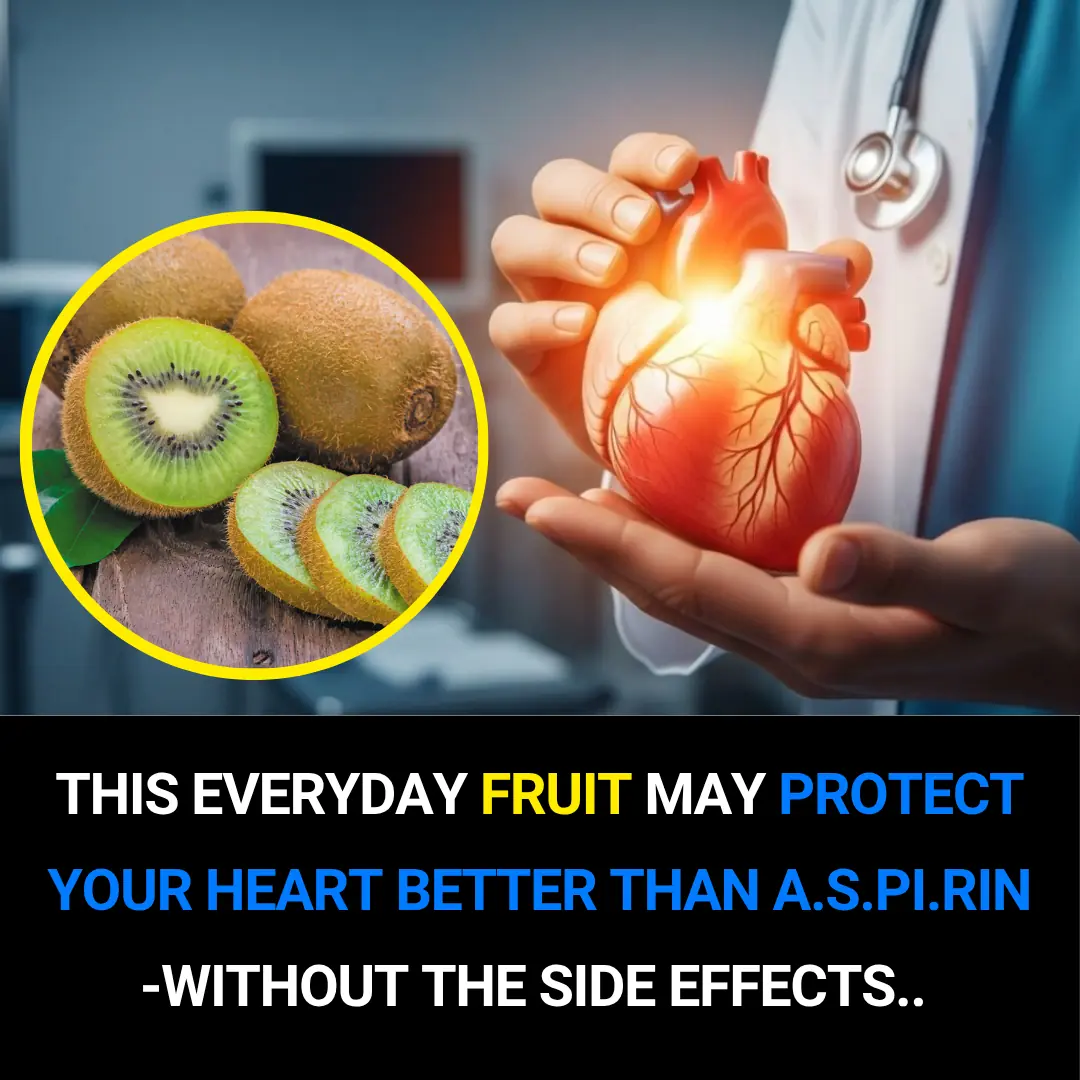
Forget Aspirin — This Everyday Fruit Could Protect You from Stroke and Heart Attack

Garlic, honey, and cloves – a powerful natural remedy packed with health benefits

Anyone Whose Hair Is Falling Out Needs To Make This 2-Ingredient Drink Immediately

Mix Bananas, Honey and Water: Cough and Bronchitis Will Disappear
News Post

The White House Communications Office is saying our story is not true. We stand by our story. Our story is accurate.

D4vd's Friends Thought He Was Celeste Rivas' Boyfriend, Thought She Was 19

Netflix's Being Eddie release date and what to expect from the Eddie Murphy special

Man Builds “Museum Of Love” To Honor Late Wife’s Memory

MAFS UK's Julia-Ruth issues statement after 'three husbands' bombshell

Strictly star Harry Aikines-Aryeetey addresses ‘heartbreaking’ elimination: ‘It’s nice to go out on a party’

Seven Types of Pain You should Never Ignore

Proven Health Benefits and Uses of Thyme and Thyme Tea

Stop throwing out old plastic food containers

6 things that mice are very afraid of

9 cancer warning signs your body is sending you (don’t ignore these!)

Your legs have a “second heart” — and one simple move can reactivate it fast

Doctor warns: your ‘healthy’ lemon water habit is actually destroying your liver – here’s what you’re doing wrong

Why You Shouldn’t Rush to Fold the Bed When Checking Out of a Hotel
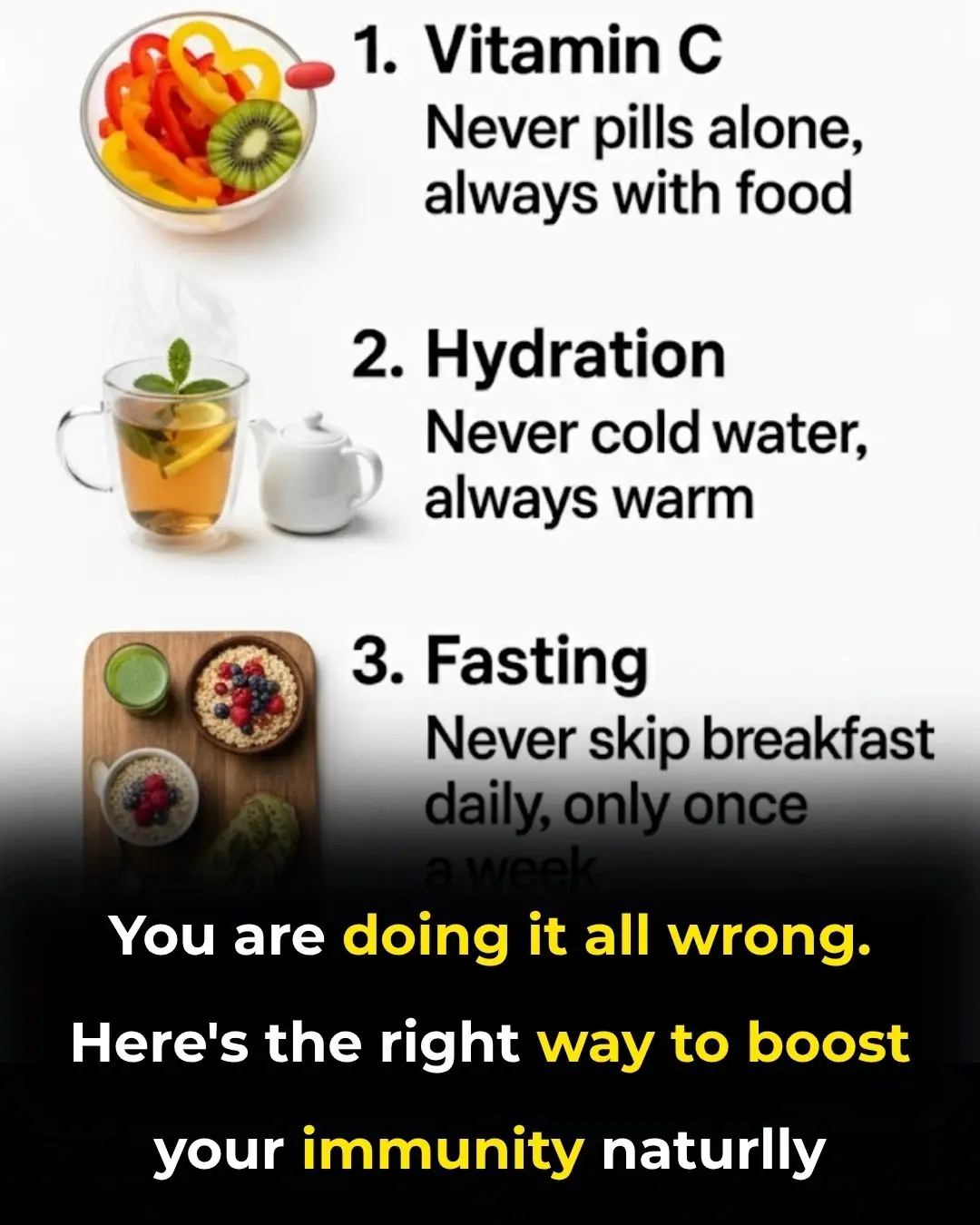
You are doing it all wrong. Here's the right way to boost your immunity naturally

My ear feels clogged all the time, but nothing comes out. No wax of fluid. Doctor appt is far away. What could this be?

Wow, I never knew this!

How to Tell If You Have Intestinal Parasites and What to Do About That

Morehouse Students Appear in ‘Vogue’ To Reflect On Legacy of Style in Honor of MLK Day
